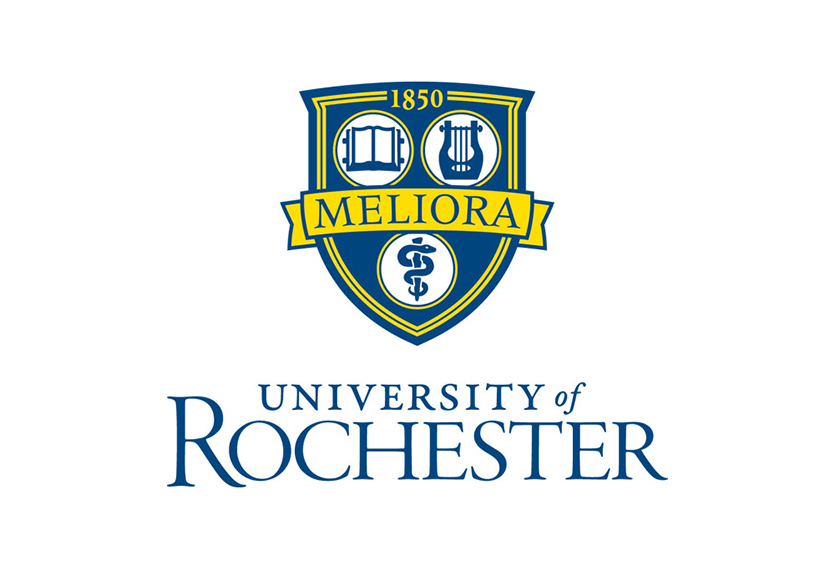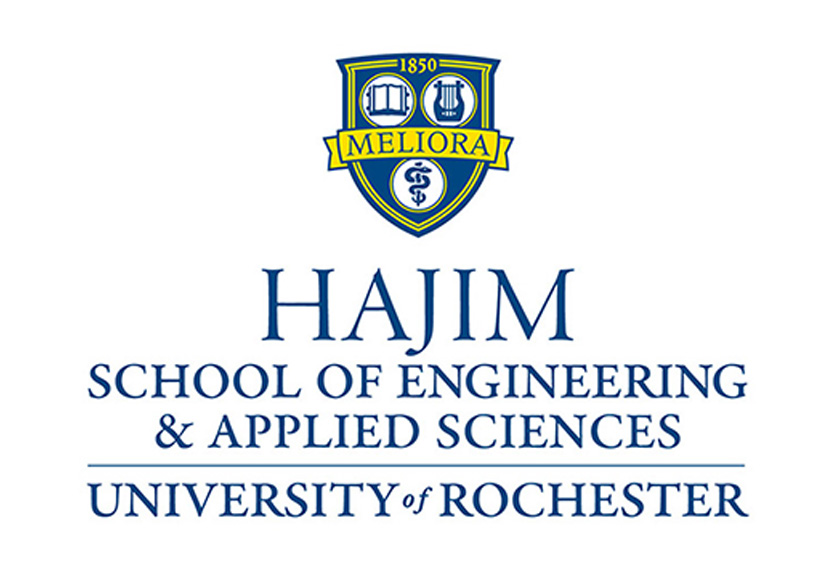Positions Open
We are currently looking for highly reliable, hard-working, and motivated PhD students who love the idea of collaborating with others in an interdisciplinary environment.
How to Join Our Team
To apply send an email to Professor Jaime Cardenas with the subject line “Interested in Joining” and attach your CV.
About Applying
- If you are a student of the University of Rochester, contact Professor Cardenas via email and include your CV and a brief statement describing why you want to join.
- If you are not yet a student of the University of Rochester, follow this link to apply to The Institute of Optics. Our group also accepts students from other departments such as Physics, Chemistry, Biology, Mechanical Engineering, Electrical Engineering, and Material Science. You may apply to a different department if you feel it is a better match for you. Please check with your desired department for their admission procedure.
Frequently Asked Questions
1) What is it like to work in Cardenas Lab group?
The group has a collaborative structure and a casual atmosphere. I meet with students individually every one to two weeks and we have group meetings every two weeks. At the same time, I have an open-door policy and we don’t need a formal time for a meeting. Often times an “impromptu” meeting will happen when several students and I are discussing an aspect of their work. I encourage my students to work closely together and to help each other. I believe there is a lot to learn from each other. We don’t have scheduled times in which you need to be in the lab or office, but I expect the work to get done and that your own motivation will drive you to design and execute your experiments. From time to time we have important deadlines and it’s “all hands on deck” to finish a design, fabricate a device, get the last bit of data, or prepare elements of a proposal on time.
2) What career opportunities will I have after graduation?
Our undergraduate students have continued their education in prestigious PhD and MS programs at Harvard, University of Southern California, and University of Rochester. Our master’s students can continue their education with a PhD or find highly sought industry positions. All of our students participate in the Industrial Associates program of The Institute of Optics, which brings over fifty companies to campus twice a year. The member companies interview and hire our students. This program gives our students tremendous career opportunities.
3) How long does it take to get a PhD?
Most students will spend between 5 and 7 years for their PhD.
4) How are your PhD students supported?
My PhD students are supported through a variety of government, industrial, and internal grants. I do not expect them to come up with their own funding. On the other hand, I fully support and encourage them to apply for fellowships and awards to prepare them for their careers.
5) Do you require students to be Teaching Assistants (TA)?
Although being a TA is a good practice to acquire experience in clearly explaining concepts to a group of people, I do not require my students to TA. However, most programs (e.g. optics, physics, electrical and computer engineering) require one year of TA.
6) How do you choose students to join the group?
I choose students based on motivation, dependability, and fit. Research is an exciting endeavor with many ups and downs. I am looking for students who love to do research. Since we need to meet deadlines and deliver results, dependability is extremely important. Working well with the rest of the group is key so I look for a good fit and ask current group members for feedback during the interview process.
7) My background isn’t in Optics or Integrated Photonics; can I still join Cardenas Lab and be successful?
Our group’s work is very interdisciplinary. We look for students who have a diverse background and skillset so that we can complement and learn from each other. Your time in Cardenas Lab is about learning so I don’t expect you to know everything you need to know from the beginning. Not being an expert in everything we do will not hurt your chances. Your success depends on your willingness to learn from your group mates and working in a collaborative environment. In my group, all students become experts in design, fabrication, and testing of their devices.
8) What projects are available for me?
We try to tailor the project to a student’s interests and strengths as much as possible. At the moment, we have projects in optical packaging, interferometric metrology, 2D material photonics, nonlinear photonics, and quantum photonics. Which one would be available to you will also depend on which projects are funded. Regardless of the project you work on, you will design, fabricate, and test your own devices.
9) What kind of abilities will I acquire?
Photonic device design, Microfabrication, Optical testing, Electrical testing, Coding, CAD layout, Technical writing, Public speaking, and others.
10) What about collaborations?
We have active collaborations with Prof. G. Agrawal, Prof. N. Vamivakas, Prof. T. Brown, Prof. A. Jordan, Prof. W. Renninger, and Prof. Wojtovich. We are always looking for new ideas and welcome new collaborations.
11) How do I apply?
To join the group, you must first be accepted into the PhD program of Optics, Physics, ECE, or a similar department. Each department has its own procedure for applying; visit their pages to get more information. The graduate coordinator at each department will be happy to help you through the process. Please include in your application that you are interested in our group’s research.
12) Rochester is really cold; how do you cope?
Yes, it can get cold in Rochester. Our lowest temperatures in the winter get to 0°F. However, we don’t spend a lot of time outside. All the living and working spaces are warm, at around 68°F. In the end, you get used to it and don’t notice it too much. The cold winter also gives you options to try new activities such as ice skating, hockey, and skiing, which are a lot of fun. For more information about the city visit: https://www.rochester.edu/about/
Find more frequently asked questions here:
To find helpful advice about applying for graduate degrees visit:
https://www.nature.com/articles/d41586-018-07332-x
https://www.nature.com/articles/d41586-019-02255-7



